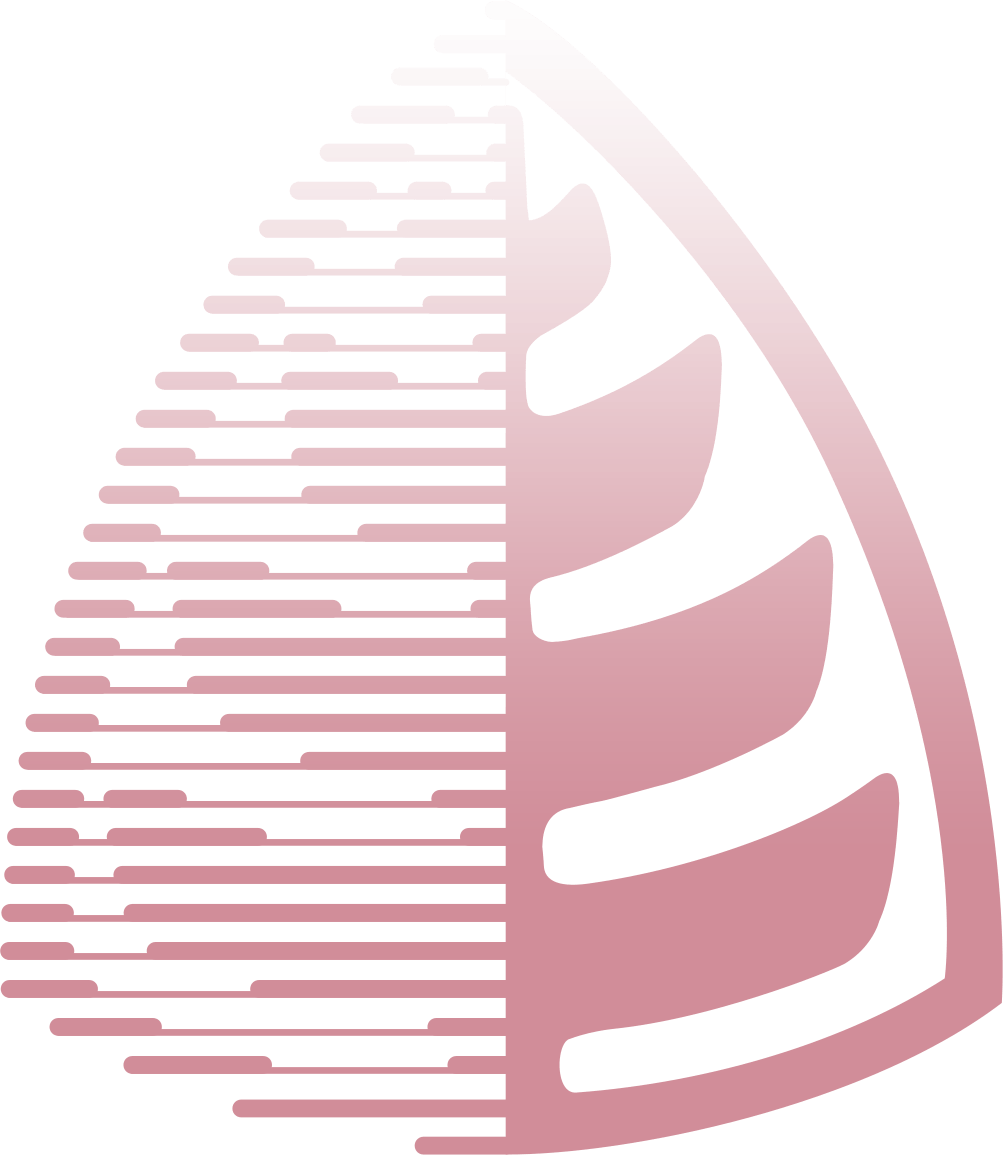Year 7 – School Immunisation Program 2023
Dear Parents of Year 7 Students
Our college provides Year 7 Immunisation Program. This program is run in conjunction with the City of Casey. Your child will receive an Immunisation Card in their Year 7 Enrolment packs in Term 4, 2022. The Immunisation card is to be completed and returned to the College when you return your Enrolment information. It is mandatory these are completed whether your child is or is not having the Immunisations. The College have secured the following dates for Year 7 students: Friday 10th March 2023 and Thursday 5th October 2023. Parents can choose to have their child’s immunisation completed at a GP or you may attend one of the City of Casey’s public immunisation sessions. For information on the Immunisation Program please see the below link:
https://www.casey.vic.gov.au/immunisation-adults-students
If you have any questions, please contact Tania Taylor – Year Level Assistant on 5996 3544.


